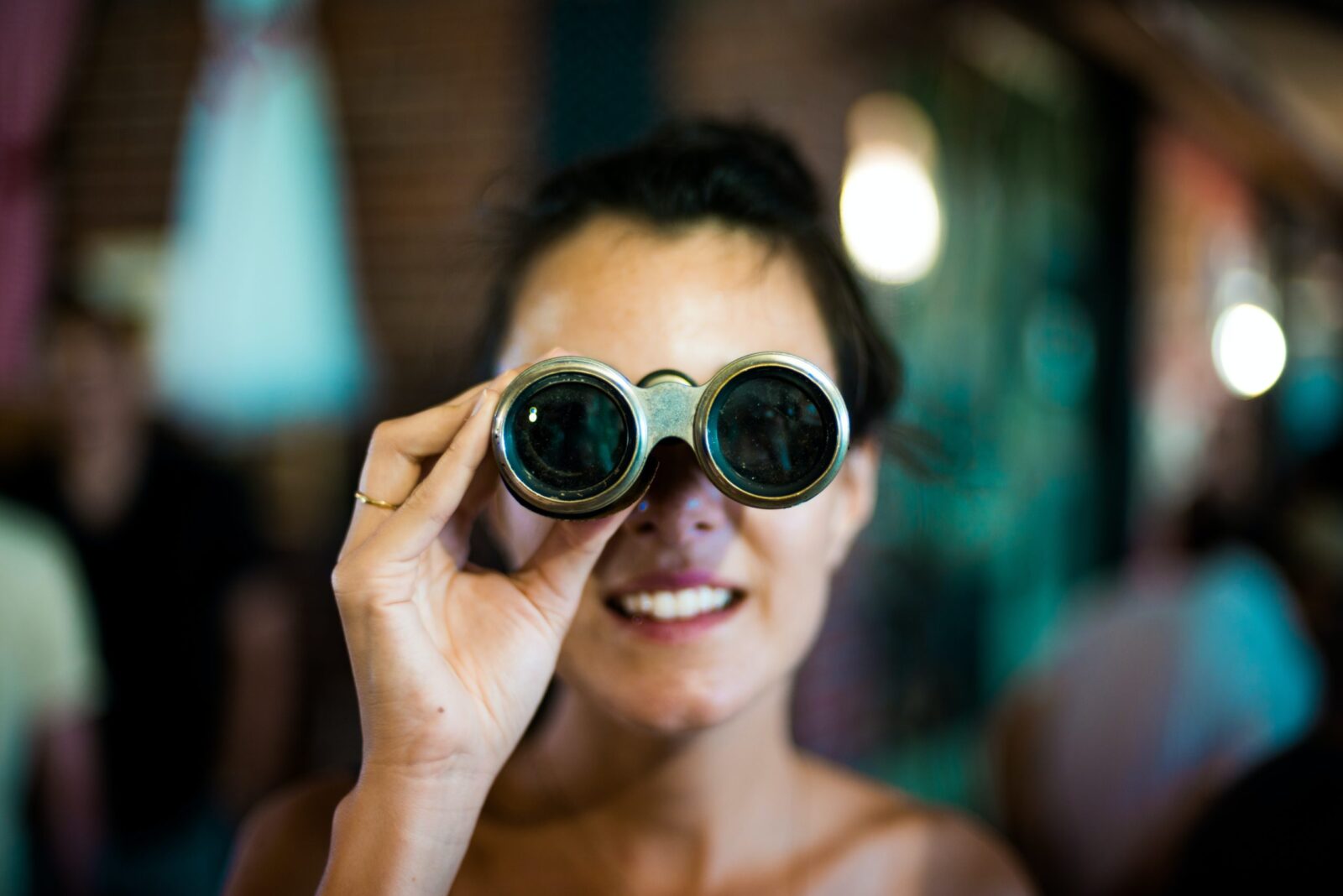Why the Pandemic Has Become Social Comparison on Steroids
You may have heard something along these lines many times from the people around you in the past few months: “It’s so sad what’s happening in ______ (Italy; New York; US; Spain).” Many of us consciously or subconsciously seek out a country or a region of our own country where COVID-19 is wreaking more damage than where we live, and then feel pity for the unfortunate souls living there.
Why We Compare
As it turns out, we human beings have a strong need to form accurate, stable perceptions of our abilities and life outcomes. When it’s difficult to find objective standards with which to evaluate ourselves in terms of how successful, creative, or happy we are—or, in this case, how likely we are to be infected or die from COVID-19—we seek out similar others (called our “reference group”) and then measure ourselves by how we are faring in life relative to them.
The phenomenon of social comparison was first identified by the social psychologist Leon Festinger. If we’re doing better than similar others in any specific dimension of our lives we feel insecure about, we can raise our self-esteem by comparing ourselves to them.
Conversely, if we are the ones doing worse than others similar to us, our self-esteem diminishes. It is for this reason that students are likely to have a higher academic self-concept if they are attending a high school in which most students are average performers. Once they graduate and go to a more demanding university—as Oxford University professor Herbert Marsh and his colleagues found in a longitudinal study of Hong Kong students—their academic self-concept tends to decrease.
A Losing Proposition
As happens in most casinos in the world, you enter social media seeking to enhance your self-esteem, but the cards are stacked against you. The current problem is worse than ever because the casinos have now entered our homes, schools, restaurants, stadiums, and every other place you can access the Internet on your phone. Never before has the social information of similar others been so readily available for you to digest than since the genesis of Facebook and other social media sites where you can bring these folks into your network under the astonishingly ironic title of “friends.”
Yet, as in the casino, your chances of winning the social comparison game—whether it’s about who has the best job or hottest body or, currently, the lowest chances of being infected by COVID-19—are infinitesimal. It is for this reason that a study of 584 Facebook users in Germany found that the most common reported emotion among Facebook users is envy.
So that’s why we make social comparisons, and prefer to compare with others less fortunate than ourselves. In a time of crisis, our primal instincts kick in even more. Given that COVID-19 is the largest global public health crisis in most of our lifetimes (at age 52, it certainly is in mine), it’s safe to say that our need for safety and security is compelling us to engage in these acts of social comparison—scrolling through social media feeds and checking websites for news about the pandemic—like never before.
Our Globalized Lives
If a giant snowball is rolling down a mountain toward a village below, we must determine how to stop it or at least slow it down. Every death is tragic and we must collectively, independent of where we live on this planet, work together to stem the flow of this deadly virus. Right now, experts agree that the most effective tool at our disposal at present is social distancing. Focusing on how to preserve physical but not emotional distance is a much better use of our time than making social comparisons in a futile attempt to convince ourselves that this threat is not as serious as it is.
The globalized nature of our lives is a large part of what got us into this mess—and it will also play a pivotal role in what will get us out. The polarizing comments of some of our political leaders must be heard as white noise, an unnecessary distraction from our new reality: we need each other. Across national, ethnic, religious, gender and cultural lines.
Every human being matters, and only together can we collectively rise to this challenge—by each doing our part and taking compelling action to prevent it from snowballing any further and doing any more harm.
Has the pandemic changed your perception of the world and how you fit into it? What sort of thinking has reduced your anxiety and made you feel more connected with others? Tell us about it in the comments.




